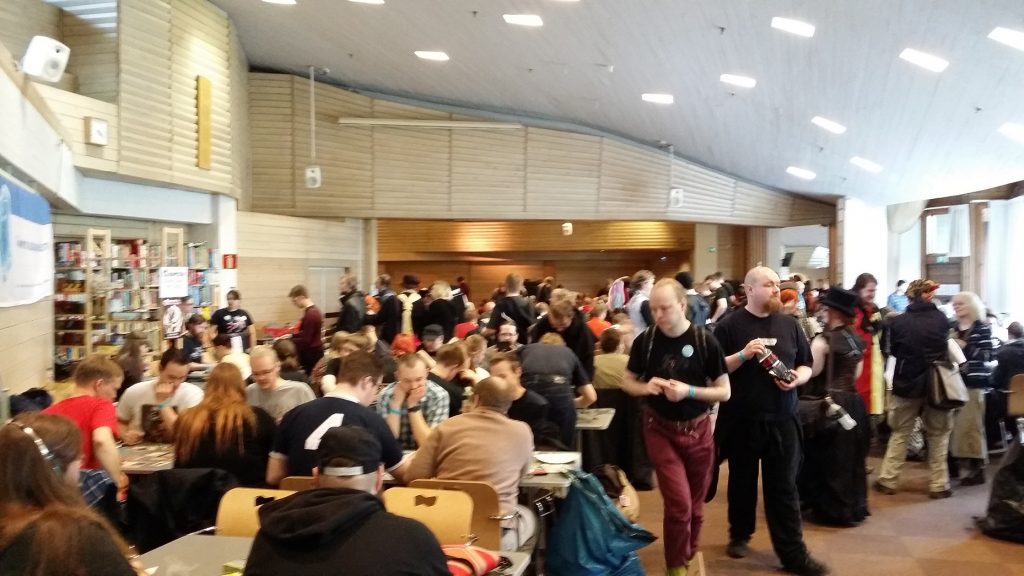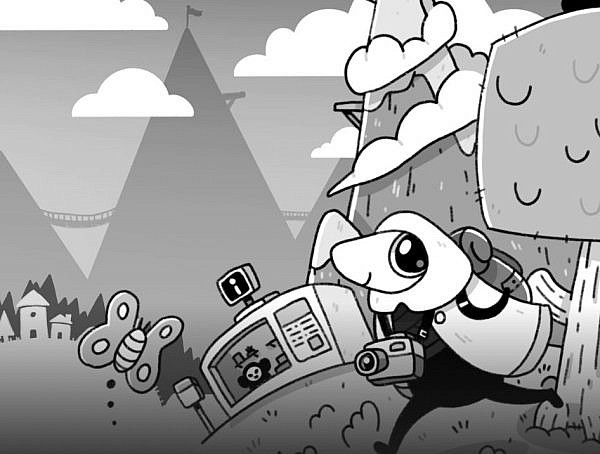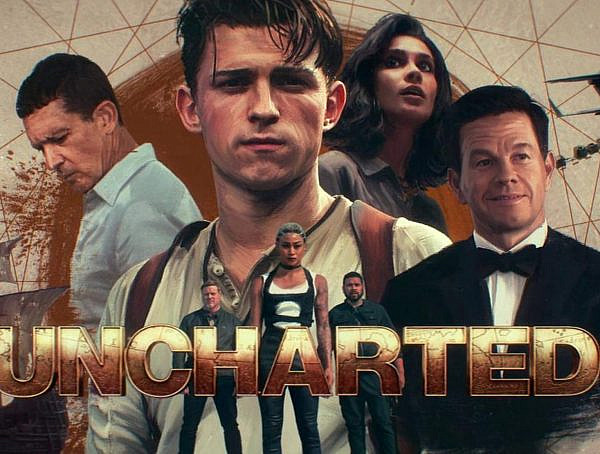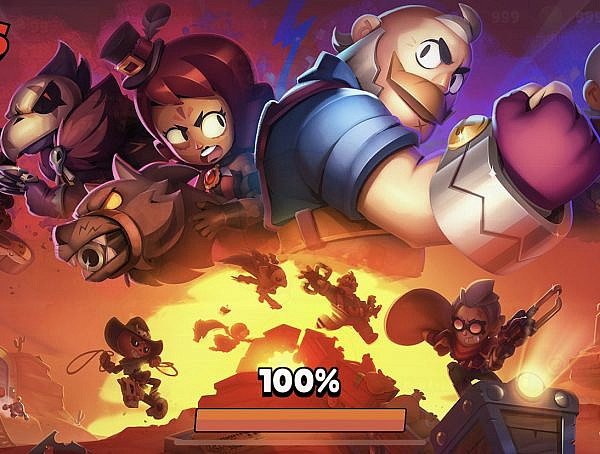
Whatever formal definition of fandom will eventually be arrived at, the 7,119 people who attended Worldcon 75 in Helsinki are definitely included. Photo by Markku Lappalainen (CC BY 4.0).
In his paper ”Playful Fandom: Gaming, Media and the Ludic Dimensions of Textual Poaching”, Orion Mavridou presents a concise argument in favour of increased dialogue between game studies and fandom studies. The argument is based on a reading of existing literature and citing a wealth of sources from both sides of the fence where game and fan scholars have either positioned active gamers as fans, or acknowledged the playful nature of fandom activity. He argues that the existing literature has only scratched the surface of what the two fields have to offer one another, and that further research is necessary.
Both game studies and fandom studies are relatively young fields of research. Mavridou tracks the foundations of game studies to Johan Huizinga’s 1938 work Homo Ludens and Roger Caillois’s 1958 Man, Play and Games, and fandom studies to a trio of studies from 1992 published independently of one another, an ethnography of Star Trek fanzine culture by Camille Bacon-Smith, Henry Jenkins’s Textual Poachers, and Lisa Lewis’s The Adoring Audience. He notes both fields as being still searching their own justification in academia. The interdisciplinarity of game studies and the inclusion of play blurs the field’s identity, while fandom studies still has yet to arrive at an accepted definition of “fandom”. Though we understand the concept intuitively, a formal definition that encompasses all the possible ways that fandom manifests in our culture seems to be difficult to write up.
On the topic of fandom and play, going by the definitions of play and playfulness in Salen and Zimmerman’s Rules of Play (2004), he claims that not only are the activities of fandom playful in the freeform sense, but some of them may also be viewed as a more rigorously defined game. As an example, he cites Jenkins’s Converge Culture’s description of the fandom of the TV series Survivor, whose online fans engaged in rigorous analysis of the series’ episodes in order to predict from clues what would happen in the next episode. Jenkins describes this as a competitive game with defined rules, goals, and self-identifying players, and notes that this is not a phenomenon unique to Survivor fans.
Mavridou also identifies fandom as a form of resistant play, free movement against the rigid system of centralized media industries. This is not a radical resistance seeking to dismantle the system, but a playful one, seeking to maintain the freedom of movement within it. Interestingly, the resistant play of fandom can also be transformative to the media systems themselves, which respond to the fans in various ways and often change to accommodate the fanbase. In addition, he identifies the playful aspects of fan practices such as fan fiction, dōjinshi – self-publishing manga – and cosplay, the practice of crafting and wearing costumes often based on media properties.
He finally arrives at the game remix culture – the production of machinima videos, using the pieces of a board game to create a new game, or other similar activities – as an example of gamers engaging in fandom activities. Conceptualizing this kind of behaviour as fandom activity is not a new idea, and he cites, among others, Mia Consalvo’s direct comparison of the writing of game walkthroughs with other types of fan engagement, and Olli Sotamaa’s discovery of exploitable value in fan labor. Mavridou posits that the knowledge accumulated by fans is an important form of literacy, possibly better equipped to face a world increasingly saturated with media.
Mavridou concludes with a call to further interdisciplinary research between game and fan studies. The benefits of conceptualizing gamers as fans and fan activity as a form of play, he argues, would include insight into topics such as the productive qualities of playfulness, the role of metatextual engagement in gameplay, and the sensibilities of the gamer.
Original paper: DiGRA/FDG ’16 – Proceedings of the First International Joint Conference of DiGRA and FDG, Orion Mavridou: http://www.digra.org/digital-library/publications/playful-fandom-gaming-media-and-the-ludic-dimensions-of-textual-poaching/ (published August 2016)
You might also like
More from Game Research Highlights
How do you want to do this? – A look into the therapeutic uses of role-playing games
Can playing RPGs contribute positively to your wellbeing? A recent study aims to find out how RPGs are being used …
Eldritch horrors and tentacles – Defining what “Lovecraftian” is in games
H.P. Lovecrafts legacy lives today in the shared world of Cthulhu Mythos and its iconic monsters. Prema Arasu defines the …
Are Souls Games the Contemporary Myths?
Dom Ford’s Approaching FromSoftware’s Souls Games as Myth reveals the Souls series as a modern mythology where gods fall, desires …
















